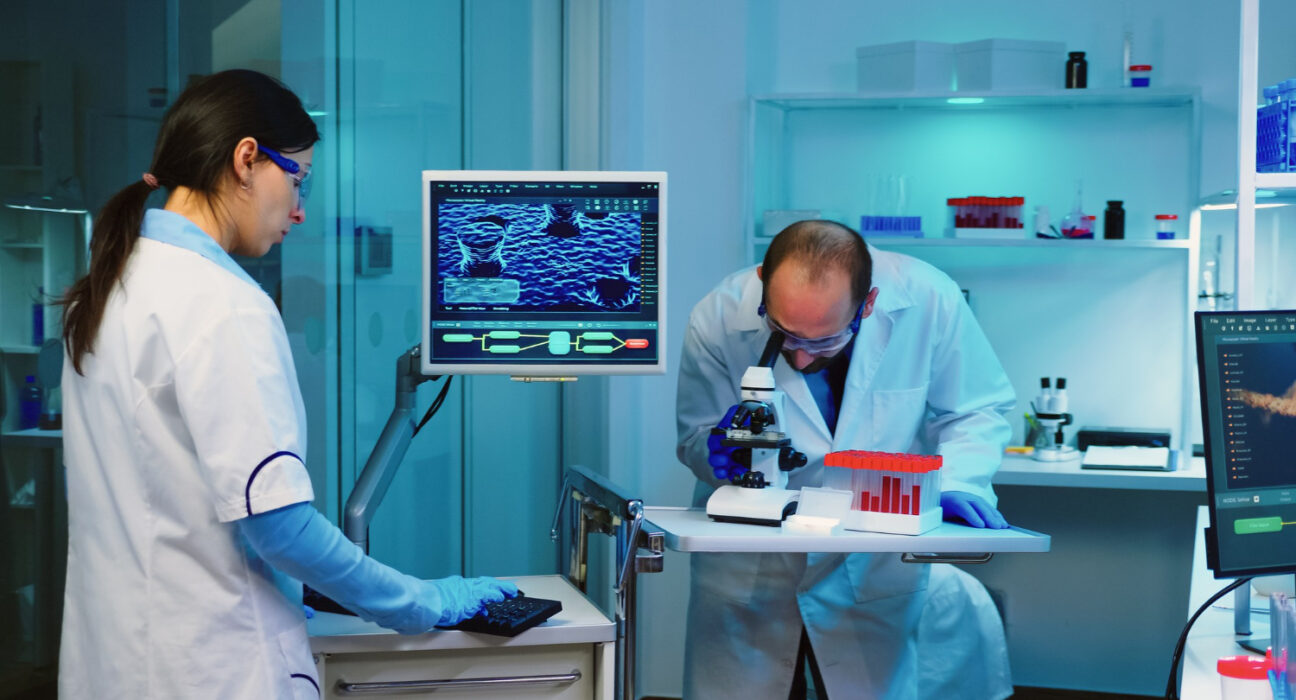Biobanks are an invaluable resource for researchers in various scientific fields. Essentially, biobanks are collections of human tissues that are collected and stored, often for future use in research studies. Biobanks can contain normal, disease-state, and malignant human tissue, from donors that come from various races, ethnicities, and ages. Tissues available in biobanks are vital for genomic, clinical, and translational research, with the potential to advance medicine and public health. In this blog post, we will discuss the five significant reasons that biobanks are a helpful tool for scientific research.
Greater Quantity and Diversity of Biological Material
Biobanks provide researchers with a greater variety of biological material to work with, both in terms of disease types and the demographic origin of the sample. This diversity allows for improved understanding of how race, ethnicity, and sex may influence disease processes and treatment.
Cost-Efficiency
Biobanks provide cost-efficient methods of screening for genetic, environmental, and lifestyle factors that influence several diseases. Pre-existing samples can be used without the need to re-collect new samples, saving time and resources during studies. In addition, most biobanks adhere to stringent ethical standards, ensuring the quality and integrity of the samples.
Improved Data Sharing Among Research Teams
Biobanks promote information exchange between research teams that allow for improved understanding of disease mechanisms, treatment protocols, and outcomes. Sharing data reduces duplication of efforts and enhances the accuracy and efficiency of research.
Vital Support for Emerging Technologies
Biobanks are essential for supporting emerging technologies such as gene editing, CRISPR, and stem cell research. These new technologies require large amounts of biological material from diverse donors to test their effectiveness and safety.
Advances in Precision Medicine
Biobanks are critical for the advancement of precision medicine research, which aims to tailor medical treatments to individual patients. Researchers use biobanks to identify genetic differences that may cause patients to respond differently to treatments based on their genetic profiles, thereby enabling personalized medical care.
Utilize Biobanks For Your Research
In conclusion, biobanks provide a valuable resource for researchers in various scientific fields. Biobanks contain diverse human tissues and demographic information that allow researchers to investigate diseases and treatments more comprehensively. They also help to reduce the time and resources needed for research, promote information exchange, support emerging technologies, and enable research in personalized medicine. Biobanks continue to offer new and exciting benefits to scientific research, making them a valuable tool for scientific fields.
